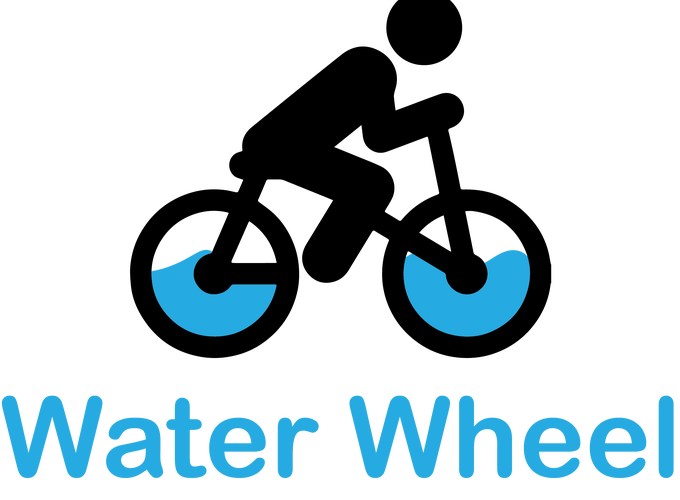Enactus Lancaster also branched out to have overseas members at our international campuses. Lancaster University Ghana gave unique insight into how a team can bridge continents and how multi-cultural thinking can lead to better solutions. The team in Ghana presented several issues that the country faces on a daily basis, including sanitation and electricity shortages. Dumsor has regular power outages that occur in the suburbs leaving whole neighbourhoods without electricity for extended periods of time.

Water Wheel was created as a way to solve both of the issues brought to our attention by the new Ghanaian team. By coupling two pre-existing ideas together, we came up with a solution. The idea of a bike generating electricity is neither novel nor alien to the vast majority of us. What is alien however, is how the pedalling can be used to filter water and still generate the electricity. When cycling, the bike not only stores the energy produced from pedalling but also is able to produce electricity while filtering water. The Enactus Lancaster Ghana team is sourcing renewable materials, such as bamboo, to build the bike while working alongside Enactus Lancaster’s engineers and physicists to integrate the technology within the bike.
A livable income can be generated through employment at local bike shops, where the beneficiaries will sell the bikes to the greater area. Currently, our team in Ghana are reaching out to the rural areas to find beneficiaries to work with.
The science behind the bike was developed by ex-Team Leader Andrew Connell who came up with the inital designs in early 2019. Since then, the project has been taken on by a larger team who were hoping to have a fully operational shop by the end of 2020. Unfortunately, the team never managed to get the project fully off the ground but the team in Ghana and Lancaster took the science from Water Wheel and went on to develop Aerospark which is still an up and running project in 2024!

